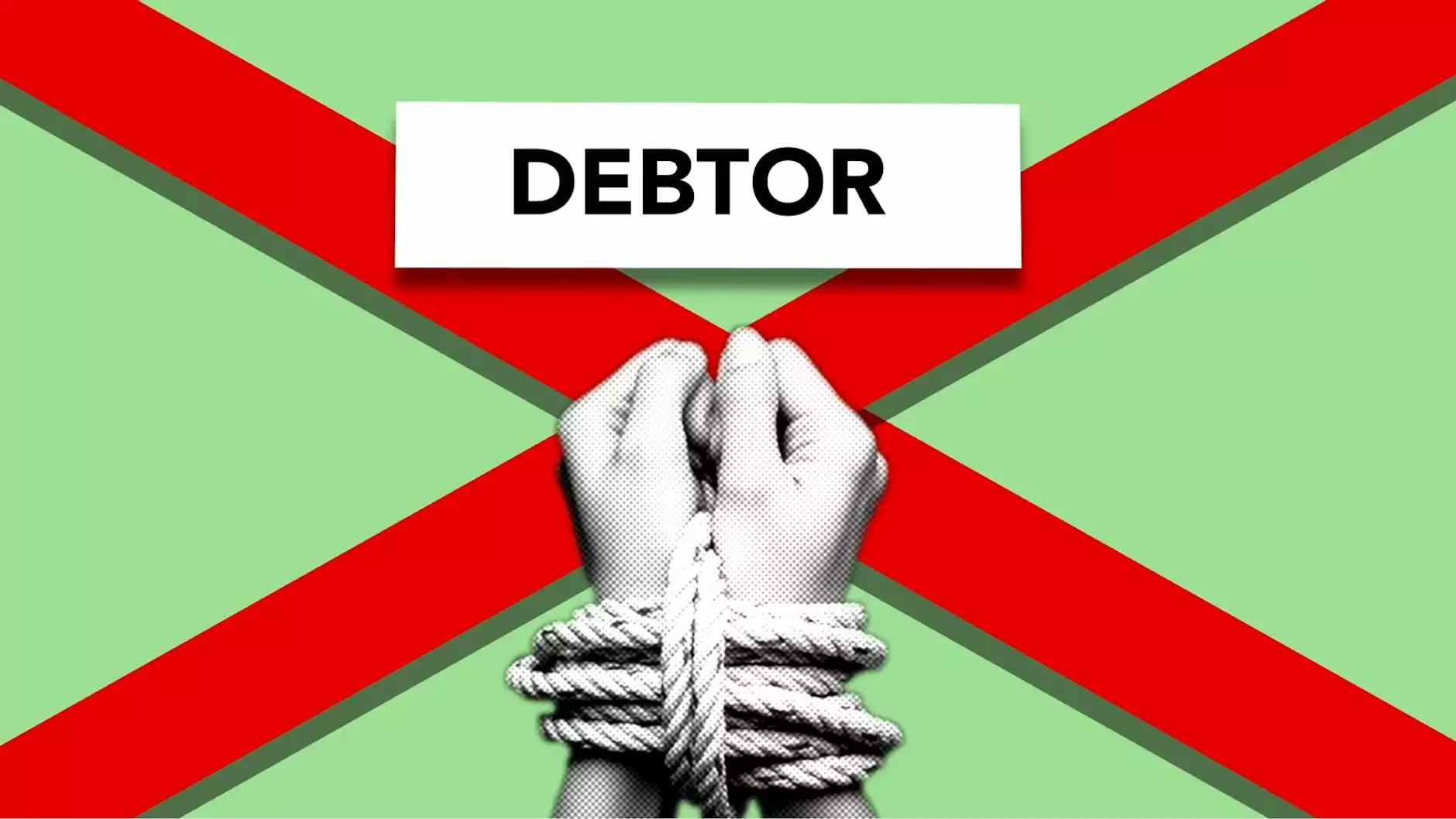13 Ways to Fix Your Credit by Yourself | CreditRepair.com

Introduction
Welcome to Life Designers, your trusted partner in credit repair and personal financial growth. In this article, we will provide you with 13 effective strategies to fix your credit by yourself. Whether you are looking to improve your credit score or repair past financial mistakes, these techniques can help you regain control over your financial future.
Understanding Credit Repair
Before diving into the strategies, let's take a moment to understand what credit repair entails. Credit repair is the process of improving your creditworthiness and eliminating negative items from your credit report. It involves taking proactive steps to address any financial issues, establish positive credit behaviors, and ultimately increase your credit score.
1. Review Your Credit Reports
The first step in credit repair is to review your credit reports from all three major credit bureaus: Equifax, Experian, and TransUnion. Obtain free copies of your reports and carefully examine them for errors or discrepancies. Dispute any inaccurate information by contacting the respective credit bureau, providing supporting documentation if necessary.
2. Pay Your Bills on Time
One of the most impactful ways to improve your credit score is by paying your bills on time. Late payments can have a significant negative impact on your creditworthiness. Set up automatic bill payments or create reminders to ensure timely payment of your obligations.
3. Reduce Your Debt
High debt levels can hinder your credit score. Create a budget, prioritize your expenses, and allocate extra funds towards reducing your debt. Consider using the debt snowball or debt avalanche method to systematically pay off your debts and decrease your overall credit utilization ratio.
4. Keep Credit Utilization Low
Credit utilization is the percentage of available credit you are utilizing at any given time. Aim to keep your credit utilization below 30%. Paying down your credit card balances and avoiding maxing out your credit limits can significantly improve your credit score.
5. Avoid Closing Credit Accounts
While it may seem counterintuitive, closing old and unused credit accounts can negatively impact your credit score in the long run. Keep your credit accounts open to demonstrate a longer credit history and a more substantial credit mix.
6. Establish a Payment Plan with Creditors
If you are struggling to make payments, reach out to your creditors and establish a payment plan. Creditors are often willing to negotiate reduced interest rates or monthly payments to help you repay your debts. This proactive approach demonstrates your commitment to resolving financial issues.
7. Build a Positive Credit History
Developing a positive credit history is crucial for credit repair. Consider opening a secured credit card or becoming an authorized user on a family member or friend's credit card with a good payment history. Make small purchases and consistently pay off your balances in full and on time. This strategy can help you rebuild your creditworthiness over time.
8. Create a Budget and Track Your Expenses
A solid financial foundation starts with a well-managed budget. Track your income and expenses to identify areas where you can cut back and save money. Allocate a portion of your income towards building an emergency fund, which can provide a safety net during unexpected financial challenges.
9. Avoid Excessive Credit Inquiries
Every time you apply for new credit, a hard inquiry is placed on your credit report, which can lower your credit score. Minimize unnecessary credit inquiries by only applying for credit when necessary. Research and compare offers to select the best options before submitting applications.
10. Dispute Inaccurate or Outdated Information
If you come across outdated or inaccurate information on your credit reports, it is essential to dispute it promptly. This can be done by submitting a formal dispute letter to the credit bureaus, including any supporting documentation. The credit bureaus are obligated to investigate and correct any errors within a reasonable timeframe.
11. Seek Professional Assistance
While this guide focuses on do-it-yourself credit repair, sometimes professional assistance can expedite the process and provide expert advice. Life Designers offers credit repair services tailored to your specific needs. Our team of experienced professionals can guide you through the credit repair journey, ensuring maximum results.
12. Be Patient and Persistent
Credit repair is not an overnight process. It requires patience and persistence. Stay committed to your financial goals and consistently implement the strategies outlined in this guide. Celebrate small victories along the way and remain optimistic, knowing that your credit score will improve as you make positive changes.
13. Monitor Your Progress
Regularly monitor your credit reports and credit score to track your progress. There are numerous online tools and services that provide free credit score monitoring. Take advantage of these resources to stay informed and motivated throughout your credit repair journey.
Contact Life Designers for Expert Credit Repair Guidance
Life Designers is a leading consulting and analytical services provider specializing in credit repair and personal financial growth. Our dedicated team is passionate about empowering individuals like you to achieve financial success. Contact us today to learn more about our comprehensive credit repair services tailored to your unique situation.
Remember, taking charge of your credit and financial well-being is within your reach. Start implementing these strategies today and embark on a journey towards a brighter and more secure financial future.










